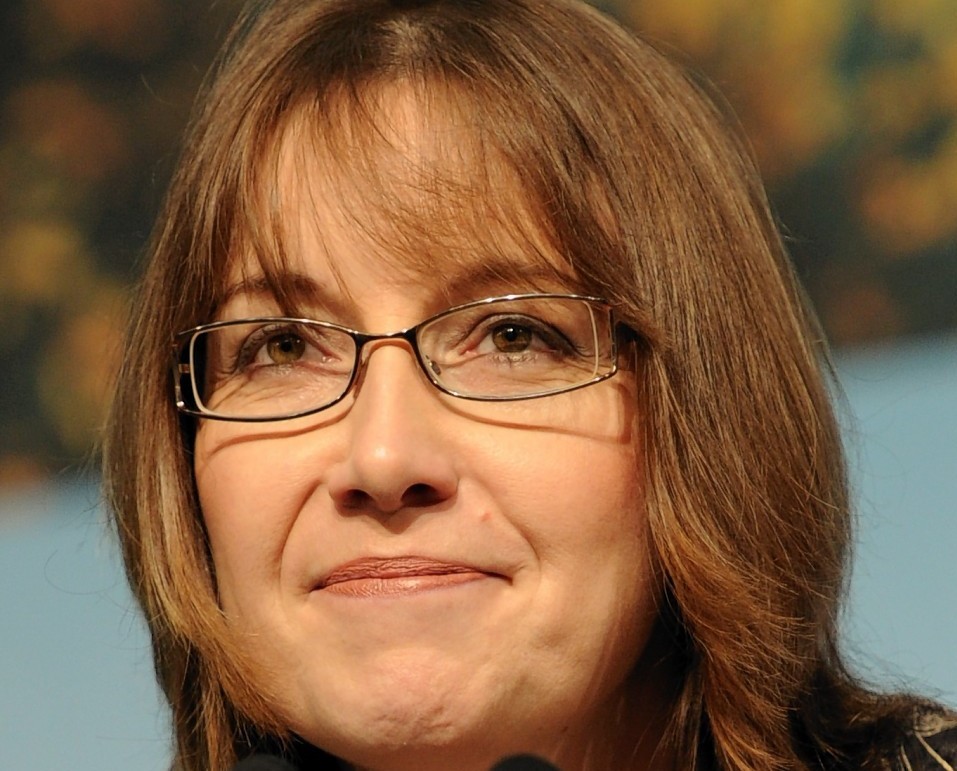New figures show that almost 1,000 people in the north and north-east have been affected by an immigration backlog.
The most up-to-date statistics revealed that 619 people in Aberdeen were waiting to have their applications processed by the authorities.
The figure was more than three times the 197 waiting for a decision in Dundee, with the Granite City behind only Glasgow and Edinburgh.
There were a further 112 “unresolved” immigration cases in Aberdeenshire at the beginning of last year, and 62 in the Highland Council area.
A total of 31 people were waiting in Argyll and Bute, as well as 25 in Moray, 10 in the Western Isles, five on Orkney and six on Shetland.
Separately, 25 asylum seekers were waiting to find out if they could stay in Aberdeen, as well as 10 in Highland.
Glasgow, Scotland’s largest city, had by far the highest figures, with 1,819 outstanding immigration cases and 1,512 asylum seekers, followed by Edinburgh, where there were 1,182 for immigration and 76 for asylum.
The Home Office published the figures yesterday in response to a parliamentary question tabled by Labour’s Pamela Nash, the MP for Airdrie and Shotts.
MPs on the home affairs select committee at Westminster warned in December that Britain’s immigration system was in “intensive care”.
The group’s report disclosed that nearly 400,000 immigration cases were unresolved across the country.
Eilidh Whiteford, SNP work and pensions spokeswoman and Banff and Buchan MP, said: “I regularly receive enquiries from constituents who have dealings with the immigration service – the majority from people who have married a foreign national whilst working overseas.
“I am aware that there have been backlogs at the UK Border Agency, and work must be done to clear outstanding cases, but I am heartened that that the number of unresolved cases in Banff and Buchan is substantially lower than most other areas of Scotland.”
The figures relate to applicants who made an immigration application or an asylum claim between May 2010 to 31 December 2013, and whose claims were recorded as unresolved at the beginning of last year.
It was compiled by identifying the latest valid postcode on the UK Government’s database.
A Home Office spokeswoman said: “These are numbers that simply represent on-going immigration and asylum cases in Scotland over a three year period.”
